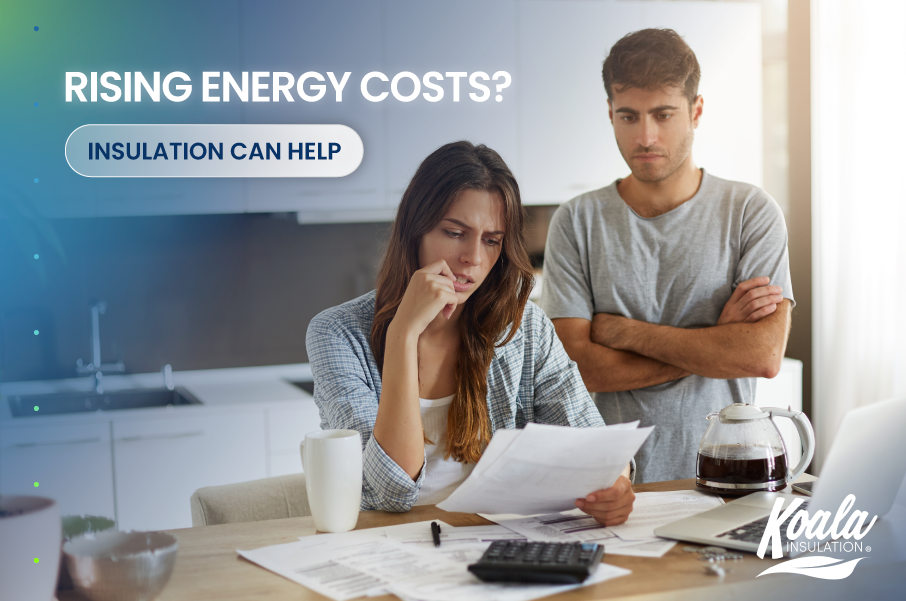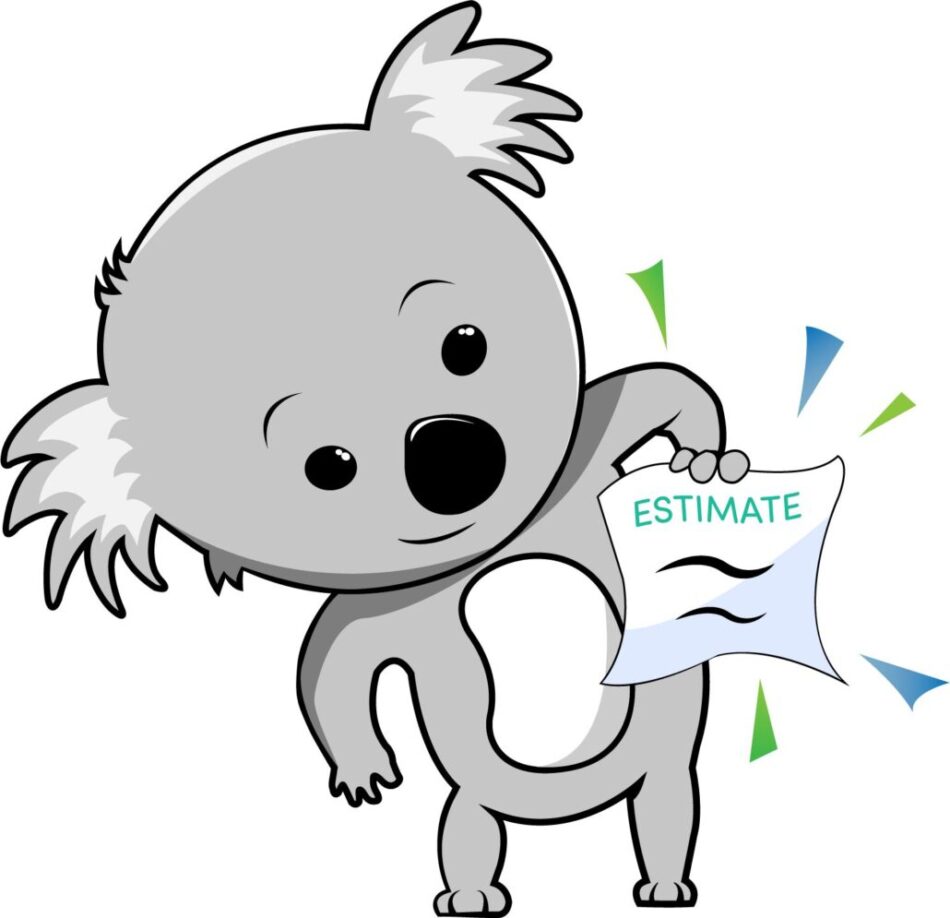Rising energy costs? Insulation can help


Domestic natural-gas prices have reached the highest level in years and have resulted in utility bills 20-50% higher compared to the year before. Due to Russia’s war against Ukraine, they are likely to persist at this increased level for a while. With Florida being the third biggest energy consumer among the US states, Miami residents are likely to feel the hit of high electricity costs this year and would be well advised to take action now.
Now is the time to insulate your home and take other steps to reduce your energy consumption. By doing so, you can protect yourself from skyrocketing utility bills and keep your home comfortable all summer long.
Here are some tips to get you started:
1. Check for air leaks around doors and windows and seal them with weatherstripping or caulk.
2. Add insulation to your attic, walls, and floors.
3. Install energy-efficient windows and doors.
4. Use awnings, shades, and blinds to keep the sun out of your home cool.
5. Use ceiling fans to circulate air and make your home more comfortable.
6. Turn off lights and appliances when you're not using them.
7. Set your thermostat a few degrees higher in the summer.
How does insulation lower my electricity bill?
The main job of insulation is thermal regulation; meaning that it will keep the temperature in your attic and your home at a decent level no matter how much the Miami heat burns down on your roof. Insulation slows down the heat transfer from the sun on your roof – a type of heat flow called conduction where heat moves through materials – and also keeps the warm air from flowing into cooler areas (like your air-conditioned living space) which it would usually do to to level out any temperature differences. This air flow can happen through walls, floors and ceilings which is why it is important to limit it as much as possible.
By limiting that air flow, insulation prevents heat from entering your living space and supports your A/C in keeping your home at a comfortable temperature. Your A/C will therefore have to run less time which will not only result in a longer life duration of the unit but will most importantly lower your electricity bill. You might think that the difference in cost can’t be that big but actually the average household saves over 15% on their monthly energy bill which makes the insulation pay for itself.
Do I need insulation?
The short answer is yes. The long answer is that the North American Insulation Manufacturers Association (NAIMA) estimates that 90% of single-family homes in the U.S. are under-insulated. Chances are high that your house could use some work, especially (but not at all exclusively!) if it was built prior to 1965. Unfortunately, insulation often gets forgotten about since it is “out of sight, out of mind”. While most insulation materials have a relatively long life span and don’t significantly degrade until about 15 years, it’s not a common practice for homeowners to regularly check the state of their insulation which means that problems like moisture exposure, pest infestation, and uneven coverage go unnoticed and lead to an earlier deterioration rate.
The most important factor in deciding whether or not to add insulation to your home is the climate. If you live in an area with extreme temperatures, either hot or cold, then insulation will be crucial in maintaining a comfortable indoor temperature. Even if you don't live in an extreme climate, though, insulation can still save you money on your energy bills and make your home more comfortable.
There are a few different ways to tell if your home needs more insulation. One way is to simply take a look around. If you can see any exposed pipes or ductwork, that's a good sign that your home could use some additional insulation. Another way to tell is by checking your energy bills. If you find that your energy bills have been increasing even though your usage hasn't changed, it's possible that your home isn't as well-insulated as it could be.
What kind of insulation do I need and how much of it?
If you decide that your home does need more insulation, the next step is to choose the right type of insulation. There are a few different options available and they all have their different benefits. Here at Koala Insulation of Miami, we offer the three most popular and most efficient types: Batt Insulation, Fiberglass or Cellulose Blown-In Insulation and Spray Foam Insulation. While it might seem like a good idea to just go to Home Depot and grab a can of foam insulation, professionally insulating your attic is not an easy job if you actually want to achieve proper effectiveness and efficiency. That’s why it is recommended that you let an experienced expert do the work for you.
The R-value is an important factor to consider when deciding how much insulation to use. The R-value measures a material's resistance to air/heat flow, and therefore the effectiveness of your insulation. Depending on the area you live in, you need a different R-value to achieve optimal protection against the outside weather conditions. In general, the higher the R-value, the better the insulation. However, you also need to consider other factors such as the thickness of the material and the type of insulation before making a final decision. With so many choices on the market, it's important to do your research to find the best option for your needs.
For South Florida, this value is pretty high but the amount of insulation you need does not only depend on the area but also on your home’s specific requirements which is why it’s important to consult with your local insulation expert from Koala Insulation of Miami. We can help you determine how much insulation you actually need to fight off the heat.
Air Sealing – the perfect add-on to lower your energy bill
Insulation and air sealing go hand in hand. While insulation’s main purpose is to slow heat transfer, air sealing is used to prevent air leaking from larger openings and is very efficient in fighting the Florida humidity. Neglecting cracks and crevices in your attic is the equivalent of leaving your doors and windows open; it not only allows expensively conditioned air to leave your home, but also lets outdoor pollutants enter your home. Overall, air sealing is the perfect add-on when installing insulation and will help keep your energy bills low.
Conclusion
Especially in the times we’re living in right now, it is important to establish a certain level of independence from constantly inflating prices. Insulation and air sealing will help you lower your energy bills and therefore become slightly less dependent on the resources that are currently becoming more scarce and expensive, no matter how the political situation across the world develops.
Contact us today to get a free insulation evaluation.
Find Your Location


Get a quote


